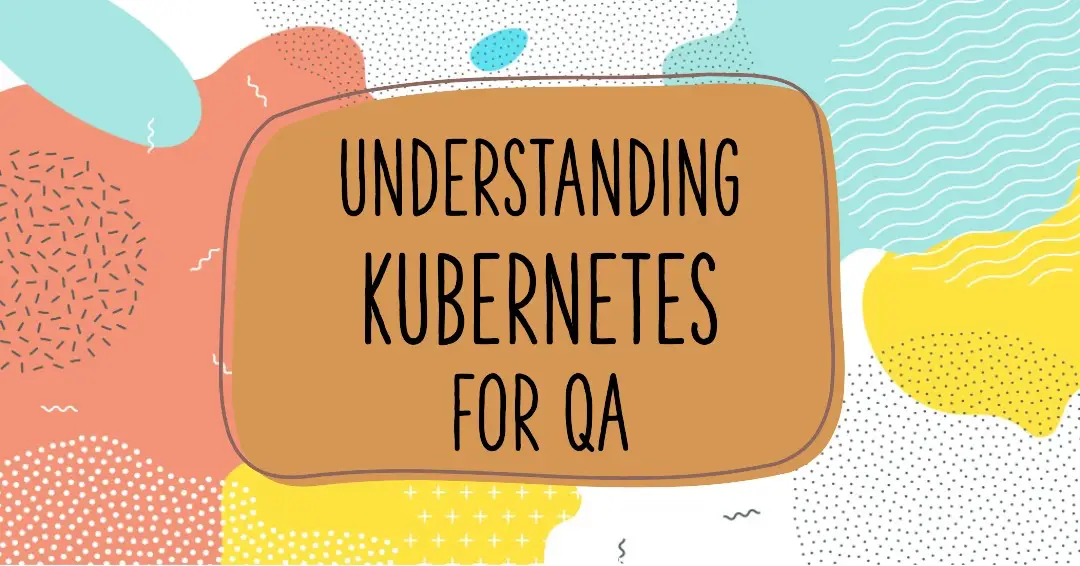Kubernetes
Basics for Quality Assurance Testers
Kubernetes is an open-source container orchestration platform that automates the deployment, scaling, and management of containerized applications. As a Quality Assurance (QA) team member, you might wonder what Kubernetes is and how it can benefit your team. In this guide, we'll explore the basics of Kubernetes and how it can help your team ensure the quality of your applications.

What is Kubernetes?
Kubernetes is a container orchestration platform that simplifies the management of containerized applications. Containers are a way to package software in a lightweight, portable format that can run consistently across different environments. Kubernetes provides a platform for deploying and managing containers at scale, allowing teams to manage complex applications with ease.
Benefits of Kubernetes for QA Teams
Kubernetes offers several benefits for QA teams, including:
- Consistency: Kubernetes ensures that applications run consistently across different environments, reducing the risk of errors and inconsistencies.
- Scalability: Kubernetes makes it easy to scale applications up or down based on demand, allowing QA teams to test applications under different conditions.
- Automation: Kubernetes automates many tasks related to application deployment and management, freeing up QA teams to focus on testing and quality assurance.
Getting Started with Kubernetes
If you're new to Kubernetes, getting started can be a bit daunting. However, there are many resources available to help you learn, including online tutorials, documentation, and training courses. Some popular resources for learning Kubernetes include the Kubernetes documentation, Kubernetes the Hard Way, and the Kubernetes Fundamentals course on edX.
Conclusion
Kubernetes is a powerful platform for managing containerized applications, and it offers many benefits for QA teams. By ensuring consistency, scalability, and automation, Kubernetes can help QA teams focus on testing and quality assurance, rather than managing applications. If you're new to Kubernetes, there are many resources available to help you get started. With a little bit of practice, you'll be able to use Kubernetes to manage your applications with ease.
